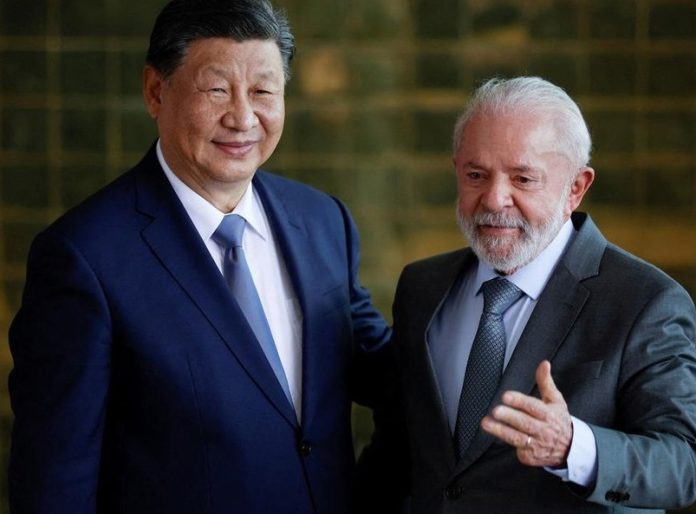Chinese President Xi Jinping has once again spoken out against attempts to wage trade wars around the world, Chinese media reported on Tuesday.
At the opening ceremony of a ministerial meeting in Beijing as part of the China-Community of Latin American and Caribbean States (CELAC) co-operation forum, he noted that “there are no winners in trade wars” and that “hegemony will only lead to self-isolation.”
“In an era of unprecedented change and multiple intertwined risks, maintaining peace and stability and promoting international development and prosperity can only be achieved through co-operation,” the Chinese leader added.
Xi Jinping also said that China is ready to “join hands” with Latin American countries “in the face of turbulent undercurrents in purely political confrontation and bloc rivalry, and amid rising waves of isolationism and protectionism.” The Chinese leader also offered the countries of the region $9.2 billion in loans, as well as a number of other projects.
Xi Jinping noted that the loans would go towards supporting the region’s development, but specified that they would be provided in yuan. At the first such forum with CELAC countries in 2015, China offered them $20 billion in loans for investment in infrastructure projects. China’s trade with the region is growing rapidly, and in 2024, its volume exceeded $500 billion for the first time. At the current forum, China announced plans to expand cooperation in clean energy, 5G communications, the digital economy, AI, and global security.
In addition, Beijing intends to invite 300 members of political parties from Latin American countries to visit China annually to exchange experiences. The Chinese authorities also said they would grant citizens of five Latin American countries visa-free entry to China. China has not yet specified which countries will receive this privilege.
Meanwhile, speaking at the opening of the forum in Beijing, Brazilian President Luiz Inácio Lula da Silva stressed that the CELAC region must maintain its independence from major economic powers and should not become an “arena for disputes over hegemony.”
